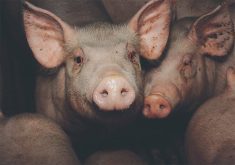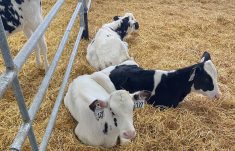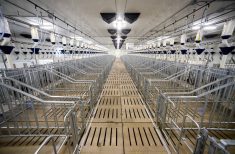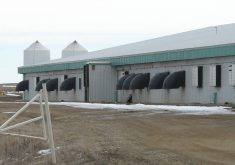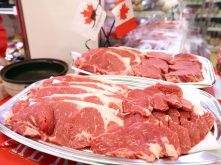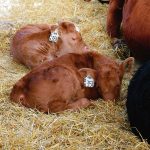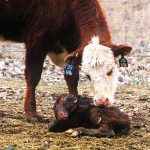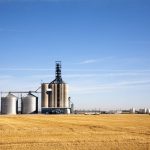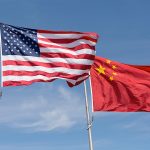Animal welfare is increasingly on consumers’ radar screens, and is now starting to be seen as a standard of good business, says a University of Calgary animal-welfare specialist.
Animal-care standards are being used to differentiate between products and are creating favourable trading opportunities for countries with the best ones, Dr. Ed Pajor told the recent Animal Welfare Forum at the University of Alberta.
“The idea is this: If you as a consumer are willing to pay more money for a product produced in this situation versus another situation, you no longer consider them to be like products,” Pajor said. “You believe there is something different about the product, and like product no longer applies to that situation.”
Read Also
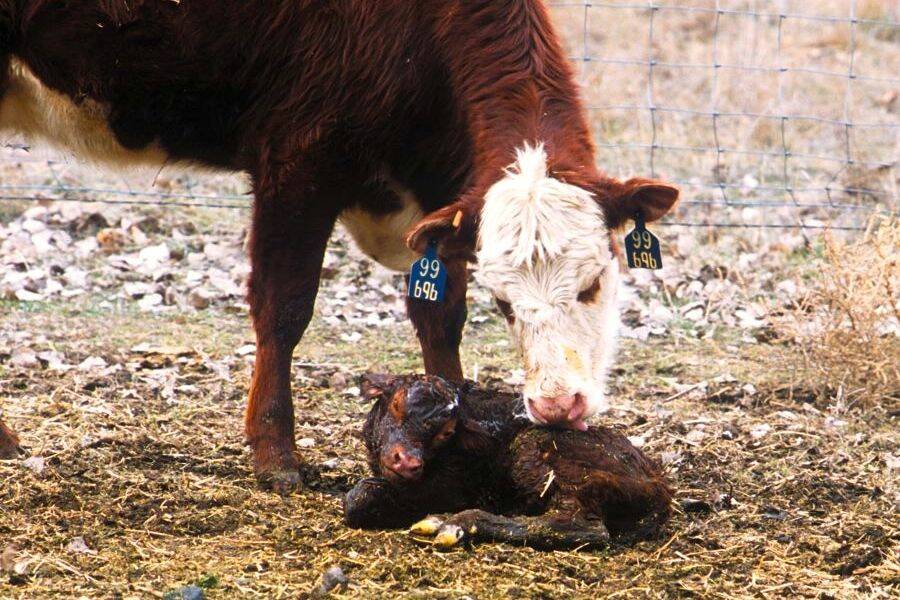
Scours doesn’t hibernate: Infectious risks for cold weather calves
Identifying specific pathogens and management flaws is essential for effective calf scours treatment and prevention on your farm.
The World Bank has begun researching trade opportunities and how they relate to animal welfare, said Pajor, a member of the faculty of veterinary medicine who is recognized internationally for both his research in swine, dairy and poultry welfare and his expertise in animal-welfare standards and legislation.
“The World Bank says that if you want to get funds to improve animal agriculture within your country, you’ll need to show us your animalwelfare policies,” he said. “Animal welfare, according to the World Bank, is good business and ensures future access to markets.”
On the flip side, organizations in the United Kingdom are pushing the use of animalwelfare standards as a trade barrier, he noted.
The Canadian livestock industry, educators and veterinarians all need to be more involved in helping set standards that can be recognized around the world, Pajor said.
“We tend to focus more on regulations or standards set by governments or quasi-governmental organizations, but we really need to make sure we understand that there are a lot of other standards that are already in place. Industries that agricultural industries serve are already using standards for a great deal of the work they’re doing.”
Animal welfare is centred on values, which makes it difficult to talk about, he said.
“The question is always about what’s right or wrong in terms of the treatment of the animal, which is an ethical question,” he said. “That’s a question that is beyond the realm of science.” But there are numerous shared similarities, regardless of culture, he said.
“Animal welfare is not local, it’s not an activist group, it is a global issue,” he said.
FIVE FREEDOMS
Most cultures want to prevent injury and disease and minimize pain, stress and other negative states, he said.
“It’s essentially just a recapping of the five freedoms in different languages,” Pajor said. “The five freedoms are the core of what many organizations,
countries, and companies are using to develop animal-welfare policy and animal- welfare guidelines.”
The five freedoms are freedom from thirst, hunger and malnutrition; freedom from discomfort ; freedom from pain, injury and disease; freedom to express normal behaviour; and freedom from fear and distress.
Good animal-welfare practices create win-win situations for animals, people, industry, and consumers, said Pajor. Since values about how animals are treated are shared, this lends itself to the development
of global standards, he said.
Many standards, such as those followed by the European Union, have had a major impact on how animals are being raised and once conventions are adopted, they become minimum standards, he said.
“If you don’t follow the same standard, the idea is that you do not get the same kind of access to the marketplace.”
Leadership in global standards has come from a 175-country organization known as the World Organization for Animal Health, also known as the OIE.
“When standards are cast by the OIE, all members are expected to follow those standards,” said Pajor.
Most of their initiatives are directed by veterinarian delegates, and their standards are recognized by the World Trade Organization, so they indirectly affect world trade, said Pajor.
The OIE also sets standards for animal welfare that can be used in international trade or in countries that do not have animal-welfare legislation.
———
“Ifyoudon’tfollowthesamestandard, theideaisthatyoudonotgetthesame kindofaccesstothemarketplace.”
– Dr. Ed Pajor





